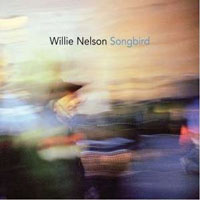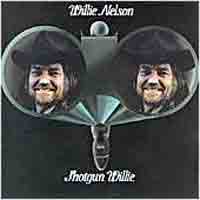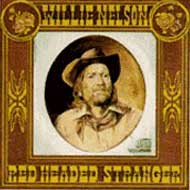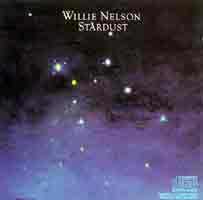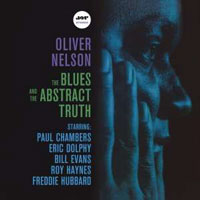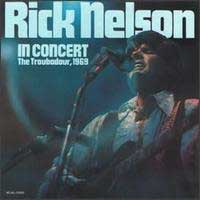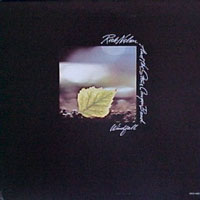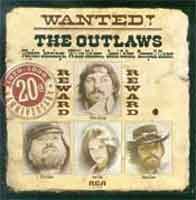|
Wundervoll abgehangenes, von gegenseitig befruchtender Kreativität
und Erfahrung geprägtes Treffen der Generationen: Zur Verwirklichung
seiner 2006er 11-Song-Kollektion begab sich der ewige Outlaw Nelson ganz
in die Hände des jungen Immer-Noch-Wilden Ryan Adams, der nicht nur
für die herrlich klare, zeitlos zwischen purem und alternativem Country
schwebende Produktion verantwortlich zeichnete, sondern mit seinen Cardinals
(mit Neal Casal an Gitarre und Piano) auch das spürbar handgewirkte
Instrumental-Kleid für Willie’s einzigartigen Gesang strickte.
Mit den Cardinals als mal Country-Walzer-tanzender, mal alternativ rockender,
mal gefühlvoll schwelgender Basis, mit herausragenden Auftritten
von Mundharmonika (Mickey Raphael), Pedal Steel (Jon Graboff), Hammond
B-3 (Glenn Patscha) oder eines mit allen Gospel-Weihen gesegneten Chores
an ihrer Seite verleiht die Stimme Nelsons wohlvertrautem und unbekanntem
Material neues Leben. Christine McVie’s Songbird wird von falscher
Sentimentalität befreit, in 6:23 Minuten Stella Blue (Grateful Dead)
erkämpft sich die E-Gitarre laut und heftig ihren Freiraum, Leonard
Cohen’s Hallelujah erhält ein von Steel Guitar und Mundharmonika
beweintes, pures Country-Gewand, Amazing Grace wird zum düster-twangenden
Country-Waltz. Auch die Nelson-Originale Rainy Day Blues, Sad Songs &
Waltzes und We Don’t Run gewinnen merklich durch Adams’ Energie,
Gram Parsons $ 1000 Wedding und das exklusive Blue Hotel des Produzenten
und Mittäters runden die wohlgewählte Songkollektion ab. Belebender
hat ein Aufeinandertreffen der Generationen seit den Tagen von Cash und
Rubin nicht mehr gewirkt.
(Glitterhouse)
|
|
The pairing of Ryan Adams and his band the Cardinals with Willie Nelson
may seem a tad odd, but Nelson has always had a penchant for the unusual
and extraordinary; from Plácido Domingo to Leon Russell, Nelson
enjoys working with others in collaboration. That said, Songbird is a
collaboration of a different sort, and it most resembles — in feel,
not sound — the work Nelson did with Daniel Lanois on Teatro: loose,
relaxed, adventuresome. In essence, Nelson allowed Adams to produce him
using the Cardinals, and a couple of Nelson's sidemen, harmonica player
Mickey Raphael and Glenn Patscha on Hammond B-3. This is Nelson singing
electric rock and blues. While that may read like it would be a travesty,
it actually accounts for Nelson's best record since Teatro. His easy delivery,
contrasted with Adams wiry production, creates an emotionally honest,
deeply moving recording with the best traits of both men shining forth.
Nelson wrote four tracks on this set, Adams wrote two, and the selection
of covers — "Songbird" by Christine McVie, Leonard Cohen's
"Hallelujah," Jerry Garcia and Robert Hunter's "Stella
Blue," Gram Parsons' "$1,000 Wedding," and Harlan Howard's
"Yours, Love" — is stellar.
Opening with Nelson's "Rainy Day Blues," featuring Raphael
and Adams in deep blues counterpoint, Willie seems to take energy from
the ban; finding a slippery sense of time in the verses, he walks between
the instrumentalists. It's an unlikely opener but a fine one. Christine
McVie's classic title track, originally appearing on Fleetwood Mac's Rumours,
has been utterly reinvented here. The band, in full jangle mood, Nelson
sounding decades younger than his 73 years, make this a hungry song, one
that pledges to the beloved in absentia, writing a letter and pouring
out his heart to the woman he desires. The guitars sting and slither in
the breaks. Adams' "Blue Hotel" follows and is the mirror image
of the title cut. This is the road-weary, lonesome protagonist strolling
aimlessly and forlornly; he's raw and confused and the song is the only
outlet for expressing his desolation. A chorus of backing vocalists enters
the tune on the final refrains and takes it over the top. It's devastatingly
beautiful. Turning Leonard Cohen's "Hallelujah," into a country
waltz is no mean feat, but Nelson and Adams strip away all the overblown
intensity the song has been imbued with in the past by others and states
it matter of factly. There are some wonderfully understated sound effects
and again a choir picking up the refrains and a pedal steel guitar leading
the changes as the band helps the singer through the tune. Adams and band
had to adjust to Nelson's rollicking style of performance-oriented songwriting
on his "We Don't Run," that spits and struts and glides by like
a tour bus on the highway in the night. The haunting reading of "Amazing
Grace" that closes the set is almost an Adams' nod to Lanois' liberal
interpretations of traditional songs. The band all centers around the
B-3, and Nelson sings in counterpoint, reinventing the melody. His protagonist
is standing on the verge of the abyss between life and death and has the
sobering enlightenment that grace comes only when it is granted unexpectedly.
Ultimately, Nelson is at a peak here; he's had many and hopefully there
will be many more — God knows we need him — and Adams' understated,
true-to-the-song production leads us to hope for more of this from him.
Songbird is a late-year surprise, and a stunner from top to bottom.
(by Thom Jurek, All
Music Guide)
|
